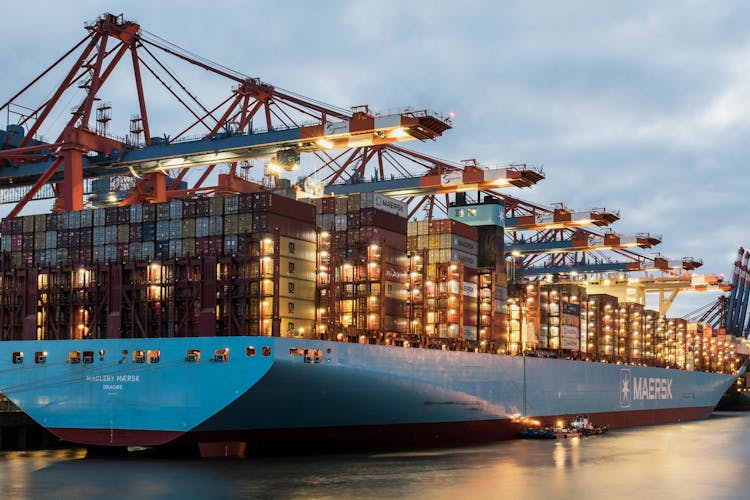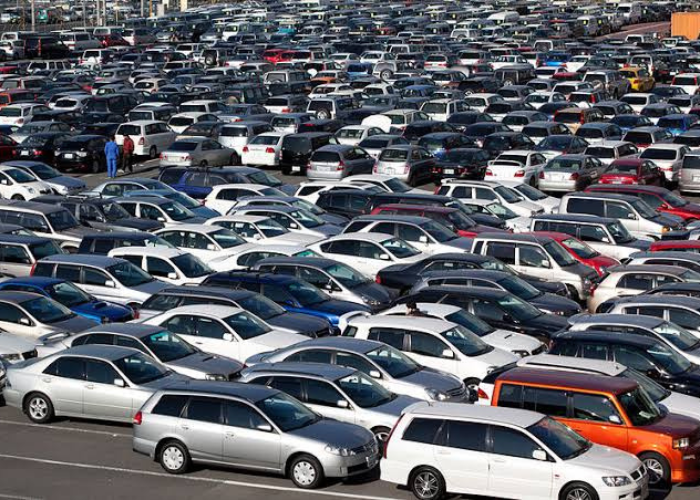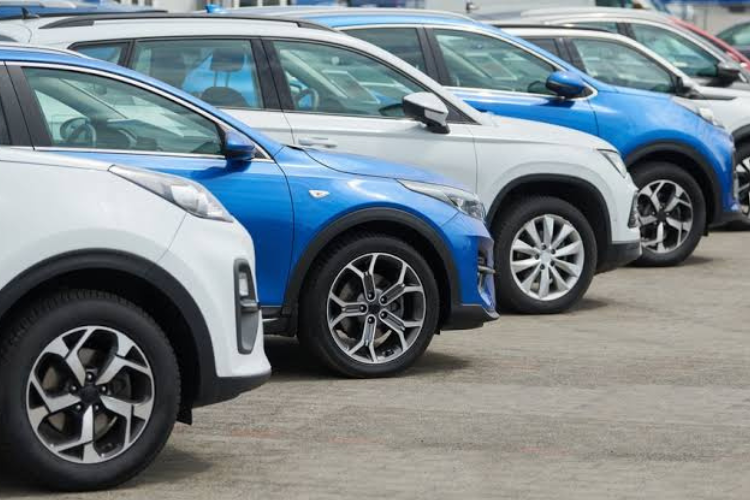- +254 757 360 543
- info@msacarmarket.com
- Ganjoni, Mombasa Kenya

How Changes in Kenya’s Import Laws Are Affecting Car Prices in 2025
If you’re planning to buy a car in Kenya in 2025, whether new or used, you need to understand how the latest import regulations are impacting prices.
Our government regularly updates car import laws to protect local industries, manage environmental concerns, and regulate the age and quality of vehicles entering the country.
These changes have a direct effect on the cost of cars at dealerships and through private sellers.
In this blog, we’ll break down the key updates and explain how they affect you as a buyer — in the simplest way possible.
What Are the Current Car Import Rules in Kenya?
As of 2025, here are the major rules affecting car imports:
- Age Limit: Kenya only allows the importation of used cars that are 8 years old or newer from the date of manufacture.
- Inspection Requirements: All vehicles must pass quality inspections such as JEVIC (Japan Export Vehicle Inspection Center) or QISJ before shipment. This ensures they meet Kenya Bureau of Standards (KEBS) regulations.
- Duty and Taxes: Import duty, excise duty, VAT (Value Added Tax), and IDF (Import Declaration Fee) are charged based on the Current Retail Selling Price (CRSP) rather than the buying price abroad.
These rules aim to ensure safer, higher-quality, and eco-friendlier vehicles on Kenyan roads — but they also contribute to price increases.
How These Changes Are Affecting Car Prices in 2025
1. Newer Cars Mean Higher Costs
Since only relatively new cars (up to 8 years old) are allowed, importers must source newer vehicles that naturally cost more to purchase overseas.
Older, cheaper models can no longer be imported, cutting out many budget options.
2. Higher Import Taxes
Because taxes are calculated based on the CRSP, and CRSP values tend to rise every year, the total import taxes in 2025 are higher than previous years.
This makes cars, especially popular models like Toyota Vitz, Nissan Note, and Subaru Forester, significantly more expensive than a few years ago.
3. Increased Focus on Hybrid and Eco-Friendly Cars
To support green policies, the government has introduced lower tax rates for hybrid and electric vehicles compared to petrol or diesel models.
This shift is starting to make hybrid cars more affordable compared to conventional cars, encouraging more Kenyans to consider eco-friendly options.
4. Stricter Inspections Add to Overall Costs
With tighter inspections focusing on vehicle history, accident records, mileage tampering, and emission standards, importers must pay extra fees to inspection agencies.
While this ensures better quality cars, it also slightly raises the final price buyers see at dealerships.
What This Means for You as a Buyer
- Expect to pay more for used cars compared to a few years ago, especially for clean, low-mileage units.
- Hybrid cars are becoming a smarter choice if you want to save on taxes and fuel costs.
- Early planning and budgeting are key — because delays in sourcing or shipping can add months and even more costs.
If you're shopping for a car in 2025, buying through a trusted platform like Mombasa Car Market ensures you're dealing with inspected, fairly priced vehicles that meet all government regulations.
Final Thoughts
Kenya’s import law changes are reshaping the car market in real time.
While the initial costs may be higher, the focus on newer, better-maintained vehicles ultimately benefits Kenyan buyers by reducing maintenance issues and improving road safety.
Stay informed, plan wisely, and partner with the right sellers — and you’ll still find great value for your money!

